- Identify the type of Canadian visa that corresponds to your purpose of travel. Common visa categories include tourist visas (visitor visas or eTA), study permits, work permits, and permanent resident visas.
2. Check Visa Requirements:
- Visit the official website of Immigration, Refugees, and Citizenship Canada (IRCC) to review the specific requirements for the type of visa you are applying for. Different visa categories have varying eligibility criteria and documentation requirements.
3. Complete the Visa Application Form:
- Obtain and complete the appropriate visa application form. The form may be available for download on the IRCC website. Some visa applications can also be completed online through the Immigration and Citizenship portal.
4. Gather Required Documents:
- Prepare the necessary documents to support your visa application. These may include a valid passport, visa application form, passport-sized photos, proof of travel insurance (for tourists), proof of accommodation, financial statements, offer of employment (for work permits), acceptance letter (for study permits), and other documents specific to your visa category.
5. Pay the Visa Fee:
- Pay the non-refundable visa application fee as required for your visa category. The fee amount can vary depending on the type of visa and your nationality.
6. Submit Your Application:
- Depending on your location, you can submit your application online through the Immigration and Citizenship portal or through a Visa Application Center (VAC) in your country. Follow the instructions on the IRCC website for the specific application process.
7. Biometrics Collection (if applicable):
- Some visa applicants may be required to provide biometric data, such as fingerprints and a photograph, as part of the application process.
8. Visa Processing Time:
- The processing time for Canadian visas can vary depending on the type of visa and other factors. Be sure to inquire about the expected processing time when you submit your application.
9. Visa Issuance or Denial: – If your visa is approved, you will receive a visa label (study or work permits) or a visa grant notice (tourist visas). If your application is denied, you will receive a written explanation of the reason for the refusal.
10. Travel to Canada: – Once your visa is granted, you can make travel arrangements and enter Canada. Be aware of the visa’s validity period and the specific conditions associated with your visa category.
11. Adherence to Visa Conditions: – While in Canada, adhere to the conditions of your visa, including the duration of stay and the purpose of your visit. Violating the terms of your visa can have consequences, including visa cancellation or future visa denials.

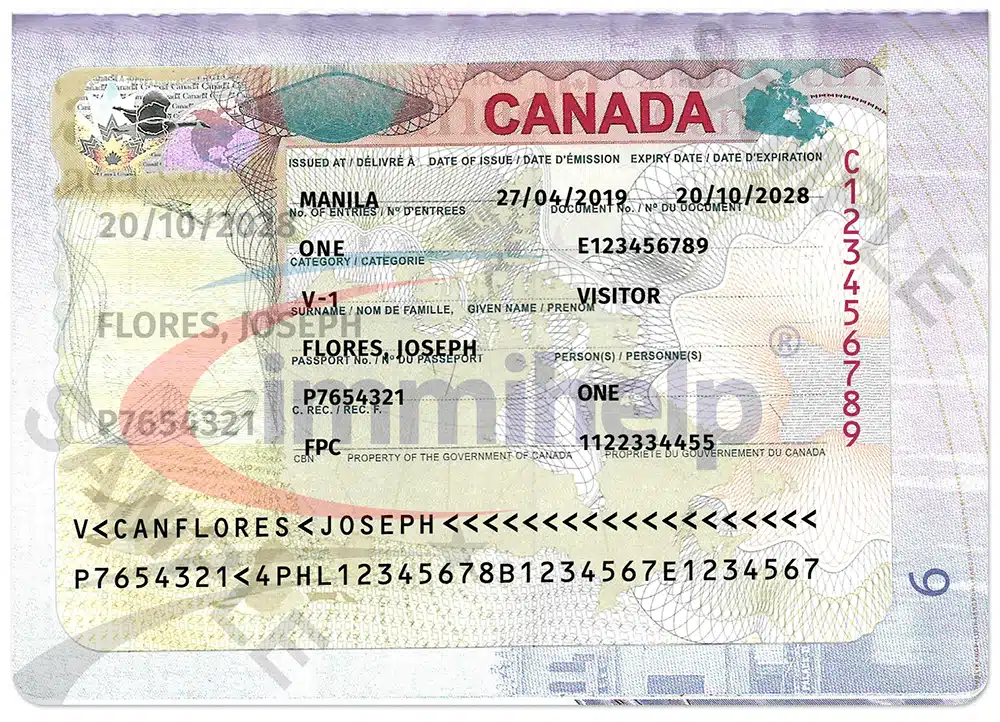
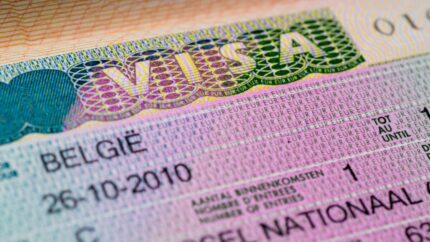
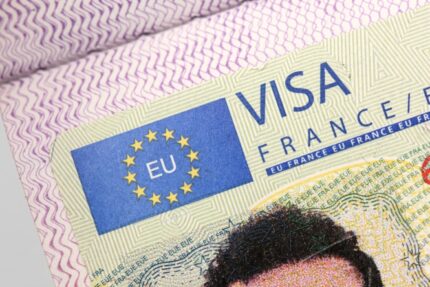
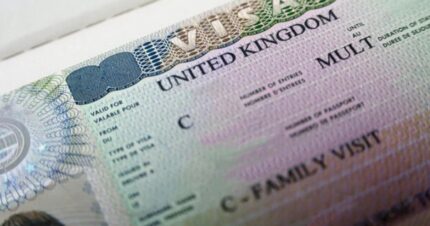
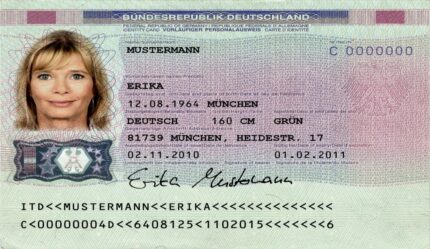
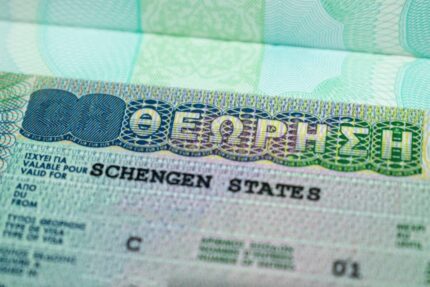
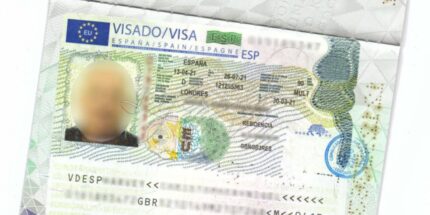
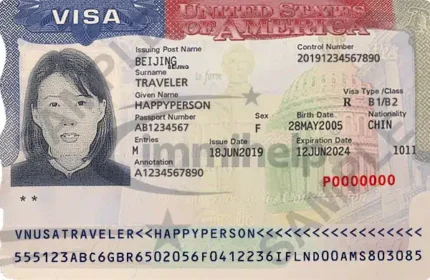

Reviews
There are no reviews yet.